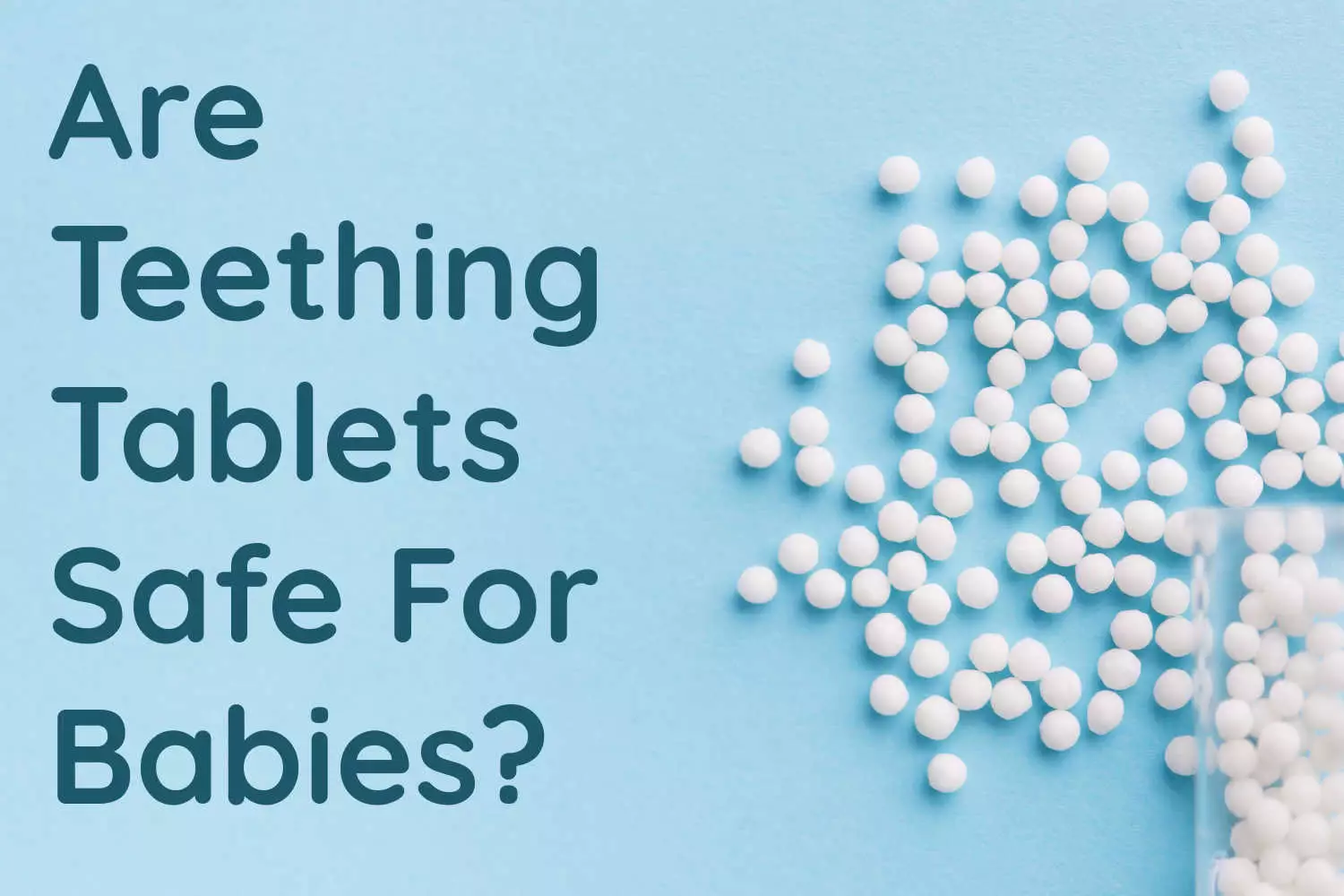
Postnatal Vitamins While Breastfeeding
5 min readWritten by Editorial Team


The birth of a baby is the most unforgettable moment in a woman’s life. The anxiety and uncertainty of pregnancy give way to a feeling of enormous love and protectiveness for the baby. The most natural act once a baby is born and the mother is comfortable, is that of breastfeeding. The initial milk of a new mother is very rich in vitamins and nutrients. It is recommended very strongly that women should breastfeed their babies as long as they can. Postnatal vitamins while breastfeeding is also important.
But breastfeeding mothers have to keep in mind that they need to eat a balanced diet. Doctors feel that just eating a balanced diet may be insufficient for breastfeeding women. Actually, doctors will advise that the mother takes vitamins till she is feeding the baby only her milk. In many cases, the multivitamins that they have taken during pregnancy are continued even after childbirth.
In This Article
- Diet Of A Nursing Mother
- Post Natal Vitamins While Breastfeeding
- Vitamins To Increase Breast Milk
- FAQ’s
Diet Of A Nursing Mother
The diet of a nursing mother plays a crucial role in maintaining her own health and providing proper nutrition for her breastfeeding baby. A balanced and nutritious diet is essential to support milk production, promote postpartum recovery, and ensure the well-being of both mother and child. In this context, it is important to understand the key considerations and recommendations for a healthy and varied diet during the breastfeeding period.
The diet for a nursing mother should essentially include:
- Grains and nuts: Nuts are rich in nutrients and it is also good to eat whole grains and cereals in every meal.
- Dairy products: Eggs become a necessary part of everyday diet. But care has to be taken that the eggs are cooked completely before consumption. It is also good to include milk and cheese in the diet.
- Fruits and vegetables: Fruits and vegetables are an excellent source of minerals. Lactating mothers should consume bananas, avocados, raspberries, carrots, onions, cucumbers, spinach, and other leafy vegetables.
- Legumes: Legumes like soybean and black-eyed peas etc are also important to be consumed every day. Also, meat which is rich in protein should be consumed, if there is no allergy.
They should consume lots of liquids like fruit juices, milk, and soups. Water should also be taken regularly to be hydrated. If the nutrient level is not maintained in the diet, then the quality of nutrients in the breast milk reduces. This will affect the baby’s health.
Post Natal Vitamins While Breastfeeding

Prenatal vitamins may in some cases, not be sufficient after childbirth as the nutritional needs of nursing women become different from the pregnant state. Postnatal vitamins while breastfeeding should include all essential vitamins and minerals. That is why doctors prescribe postnatal vitamins after childbirth.
Breast milk is the healthiest food for the newborn as it safeguards them against infection. It is also this act that forms an intense emotional bond between the mother and her child. There are a number of vitamins that have to be taken by a nursing mother for various reasons. These are:
- Vitamin D: Vitamin D helps develop strong bones. The breast milk of a mother does not have enough vitamin D for a baby. That is why Vitamin D supplements are extremely important. Also, there is a vitamin D deficiency if the mother and the baby are not spending enough time under the sun. Vitamin D has to be taken by lactating mothers because it maintains our immune system and prevents a lot of diseases including diabetes and cancer. It prevents and treats blood pressure, depression, and obesity also. This vitamin is passed to a baby from the mother through breastfeeding.
- Vitamin B: It is important to take supplements that contain vitamins B2, B6, and B12. This helps produce energy and enables good functioning of the immune system. They also help in the production of red blood cells. Folic acid is also important to be included daily because it helps healthy cell production.
- Iron: Lack of iron in a diet can cause anemia. So it is good to maintain the required levels of iron through an iron-rich diet or supplements. But it is good to have a moderate dose because too much iron causes constipation.
- Calcium: A breastfeeding mother usually loses calcium from her bones. So it is important to take calcium supplements. Magnesium relaxes muscles, so it is added to your daily supplement.
Vitamins To Increase Breast Milk

Water soluble vitamins like vitamin B and vitamin C help increase the quantity of breast milk. But vitamin C intake even if increased in a mother, will not increase breast milk levels beyond a certain amount. Vitamin A being fat soluble can increase breast milk with an intake of increased dosage by a nursing mother. But these can cause harm if taken in excessive amounts. So they need to be moderated. B complex helps increase breast milk in lactating mothers.
Vitamin C is an important antioxidant and very important for a feeding mother. This helps the baby develop properly. Vitamin C helps protect cells and build immunity in a child thereby reducing the risk of getting diseases. It has the ability to fight infection and heals wounds too. It also aids in the absorption of iron and prevents anemia. The kidney helps keep the required quantity of vitamin C and expels the extra from our body.
In conclusion, it is generally recommended to continue taking postnatal vitamins while breastfeeding. These vitamins help support the nutritional needs of both the mother and the baby during this critical period. While individual recommendations may vary, it is best to consult with a healthcare professional for personalized advice on the duration and specific vitamins to take while breastfeeding.
FAQ’s
1. How Long Should You Take Prenatal Vitamins After Birth If Breastfeeding?
It is generally recommended to continue taking prenatal vitamins while breastfeeding. The duration may vary, but many healthcare providers suggest taking them for the entire duration of breastfeeding or until the baby is weaned. It’s best to consult with a healthcare professional for personalized advice.
2. Can I Take B12 While Breastfeeding?
Yes, you can take vitamin B12 supplements while breastfeeding. Vitamin B12 is important for maintaining healthy nerve function and producing red blood cells. It is generally safe for breastfeeding mothers to take B12 supplements, but it’s always a good idea to consult with a healthcare professional for personalized advice.
3. Do Postnatal Vitamins While Breastfeeding Increase Milk Supply?
While vitamins are essential for overall health, there is limited evidence to suggest that specific vitamins can directly increase milk supply in breastfeeding mothers. Adequate nutrition is important for milk production, but other factors such as breastfeeding frequency and proper latch are more influential. Consulting with a lactation consultant can provide tailored guidance.

Editorial Team,
With a rich experience in pregnancy and parenting, our team of experts create insightful, well-curated, and easy-to-read content for our to-be-parents and parents at all stages of parenting.Read more.
Responses (0)
Want curated content sharply tailored for your exact stage of parenting?
Related articles

Top 8 Best Indian Books to Read For Your Baby in the First Year

Letting Baby Play With Household Items – How it Helps in Baby’s Development and Safety Tips

Teething Tablets For Babies – Are They Safe, Side Effects and Alternatives

Baby Chewing Tongue – Top Reasons and Tips to Deal With it

Clinginess in Babies – When, How and Why

Cot Mobiles For Babies – How it Helps in Baby’s Development
Sponsored content
Discover great local businesses around you for your kids.
Get regular updates, great recommendations and other right stuff at the right time.





